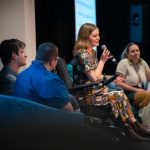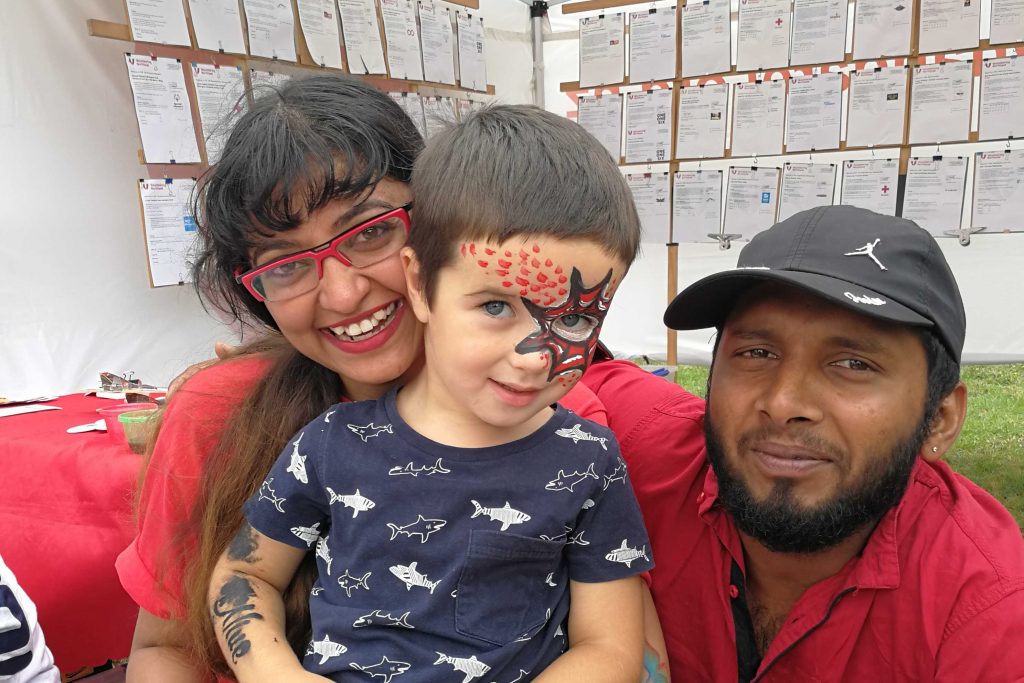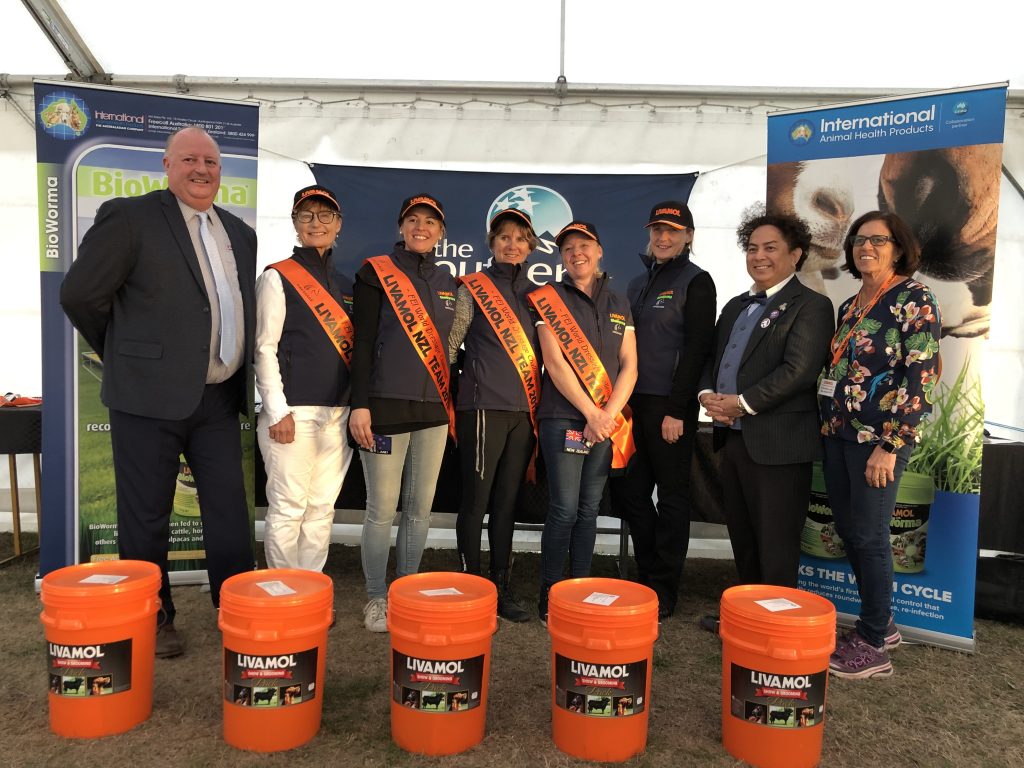 Flexibility and understanding were the two key words that came out of the youth leadership panel at Volunteering New Zealand’s Leadership Hui. Nick Abel (UN Youth New Zealand), Tobias Kenny (InsideOut Kōaro), and Nate Whitfield and Amelia Noyes (Hato Hone St John) gave some great tips for working with young volunteers. The panel was facilitated by Alice Mander.
Flexibility and understanding were the two key words that came out of the youth leadership panel at Volunteering New Zealand’s Leadership Hui. Nick Abel (UN Youth New Zealand), Tobias Kenny (InsideOut Kōaro), and Nate Whitfield and Amelia Noyes (Hato Hone St John) gave some great tips for working with young volunteers. The panel was facilitated by Alice Mander.
Bearing the brunt of decisions made by governments long before their time, young people are entering the workforce with much higher levels of debt, and greater financial insecurity than past generations. As Professor Paul Spoonley told us in his talk on the changing demographics of Aotearoa, volunteer-involving organisations are going to have to consider these challenges when seeking to recruit and obtain young volunteers. It is also important for organisations to recognise that many young people are already supporting their community and whanau. For instance, the Pacific Economy Report found that 95.7% of the youth they surveyed had taken part in at least one hour of unpaid work or volunteering during the last four months, and 70% of their time spent on unpaid work was in the household, with cultural activities being the next largest portion.
Volunteer organisations and young volunteers
So, how can volunteer organisations meet the needs of their young volunteers? If they can, our youth panellists said, be flexible with volunteer expectations. Some young people may not be able to contribute as many hours as older volunteers, so having minimum hourly requirements may be a barrier. There are also times in the year that some young people may not be able to volunteer at all – such as during University or school exams. Understanding and making allowances for these periods may be important in showing young people that your organisation is committed to supporting them to volunteer in ways that meet their needs as well as your own.
You may also like to think of other ways young people can volunteer with your organisation, if the time commitment needed for the regular volunteer role is too great. For instance, the young person may have a skill or expertise that your organisation is lacking – such as social media or marketing, photography or art, or writing skills. Not only can these tasks be completed in the young person’s own time, but they can also be done remotely.
With the increasing pressures facing young people today, the positive effects of volunteering for both the young person and the community are more important than ever. While there are unique challenges, the young leaders on the panel told us that these can be overcome, and the unique energies and skills of young people are invaluable. Ultimately, as Nate said, “We’re changing our young people’s lives and, in turn, our community.”





About The Author: Margaret McLachlan
More posts by Margaret McLachlan